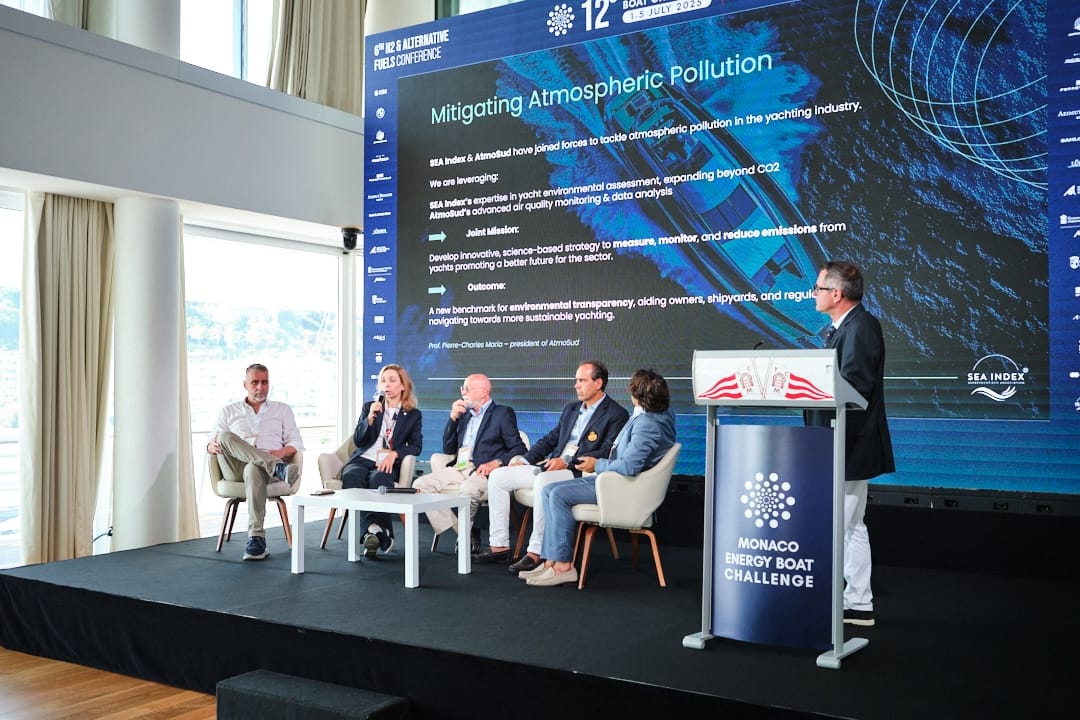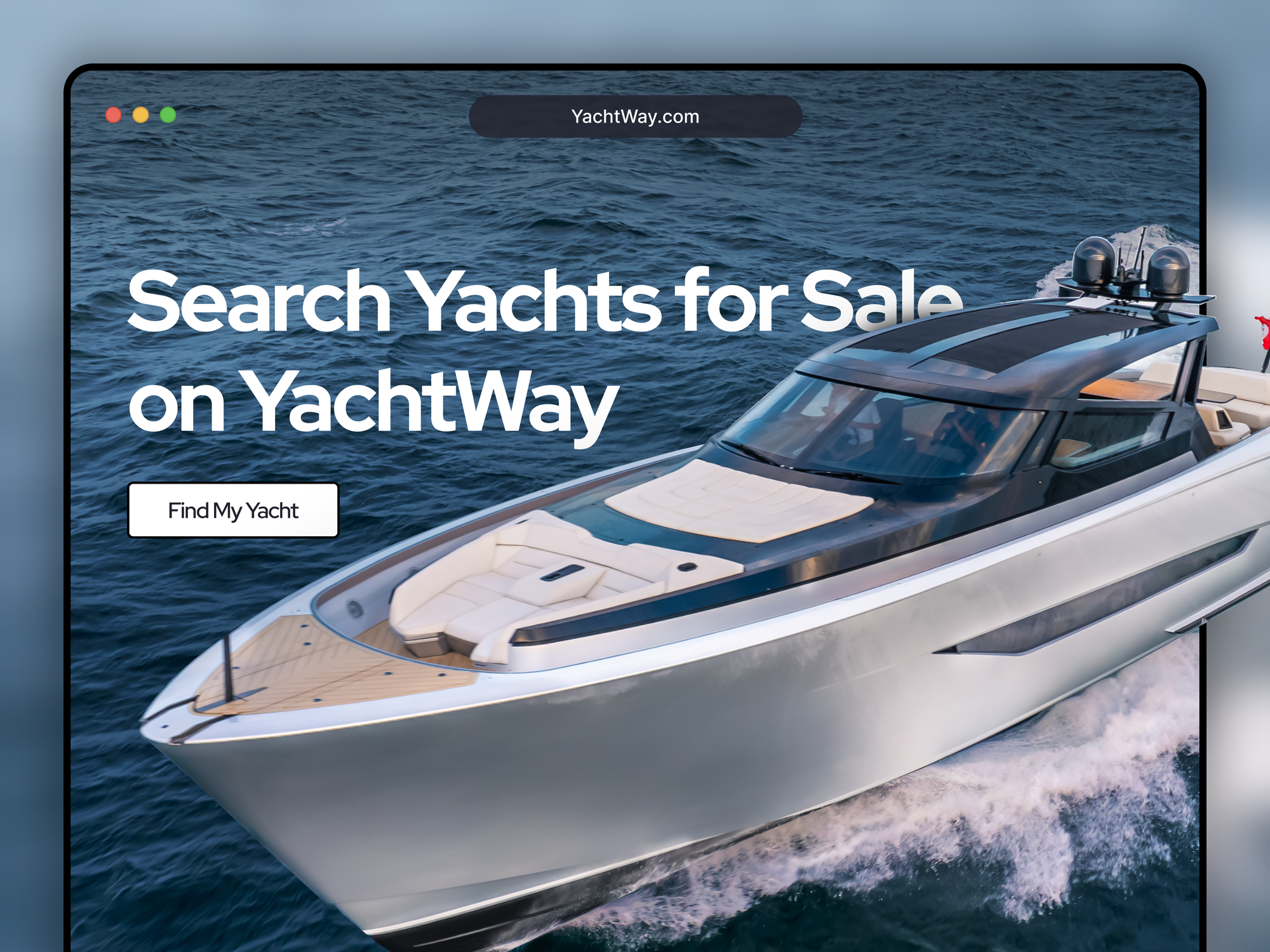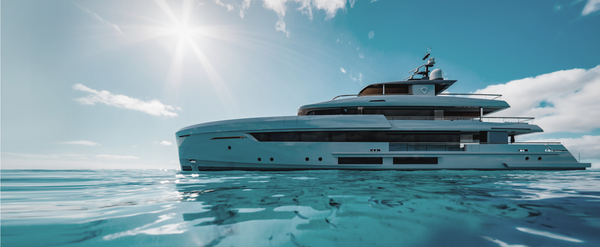Innovative CO2 Emissions Tracking Tool Revolutionizes Superyacht Sustainability
Sea Index® and RINA launch an automated CO2 tracking tool, revolutionizing superyacht sustainability with detailed emissions ratings.

In a landmark move that reflects the superyacht industry's growing commitment to sustainability, the Superyacht Eco Association (SEA Index®), in partnership with classification society RINA, has launched a significant upgrade to its CO₂ emissions tracking methodology. The initiative—developed under the auspices of the Yacht Club de Monaco—marks a pivotal step toward greater transparency, accountability, and environmental innovation across the yachting world.
Unveiled last month, the new operational efficiency assessment is designed to transition the SEA Index into a fully automated digital platform. This upgraded system offers detailed emissions benchmarking for yachts over 25 meters and 400 gross tons, with calculations based on real-world usage and a range of fuel types—from conventional diesel to next-generation biofuels.
The tool integrates builder-supplied specifications with live AIS tracking data to evaluate a fleet of more than 800 vessels. It also adapts International Maritime Organization (IMO) frameworks—namely the Energy Efficiency Design Index (EEDI) and the Energy Efficiency Existing Ship Index (EEXI)—to suit the unique profiles of superyachts. Independent CO₂ certification is provided in collaboration with Lloyd’s Register. Each yacht is assigned a 1- to 5-star rating, along with a detailed emissions report outlining its CO₂ footprint in grams per gross ton per hour, as well as clear “Options for Improvement.”
One of the initiative’s most forward-thinking components is its incorporation of well-to-wake analysis, a method that evaluates the full lifecycle of fuel emissions—including production, distribution, and consumption. This means that even sustainable fuel blends, such as hydrotreated vegetable oil (HVO) mixed with traditional diesel, are accurately assessed. The approach aligns with both IMO and EU greenhouse gas reduction strategies and is expected to play a key role in shaping a lower-impact future for the industry.
“The SEA Index is fundamentally about empowering yacht owners, buyers, and charter clients with reliable environmental data,” said Natalie Quévert, Project Manager of the SEA Index. “It’s about enabling smarter decisions and reinforcing sustainability as a pillar of luxury yachting, not an afterthought.”
RINA’s southwest Europe marine technical director, Giuseppe Zagaria, echoed this sentiment, emphasizing the importance of aligning technological innovation with Monaco’s vision of becoming a global leader in advanced, responsible yachting. He cited the leadership of Yacht Club de Monaco Secretary General Bernard d'Alessandri and Quévert as key drivers in the initiative’s success.
According to project stakeholders, the revised SEA Index is more than just a measuring tool—it’s a cornerstone of the broader "Monaco Capital of Advanced Yachting" strategy. As environmental regulations tighten and client expectations evolve, tools like these are expected to play an increasingly central role in how yachts are designed, sold, operated, and chartered.
“This is a critical evolution for the sector,” added Quévert. “It’s not only about emissions—it’s about the legacy we leave on the seas we love.”
With this enhanced platform now live, the SEA Index and its partners have signaled a clear message: the future of superyachting is one where environmental intelligence is not only desirable—but essential. As the yachting industry industry accelerates toward a new era of efficiency and eco-conscious design, Monaco continues to set the pace, offering a blueprint for what responsible luxury can—and should—look like on the water.






